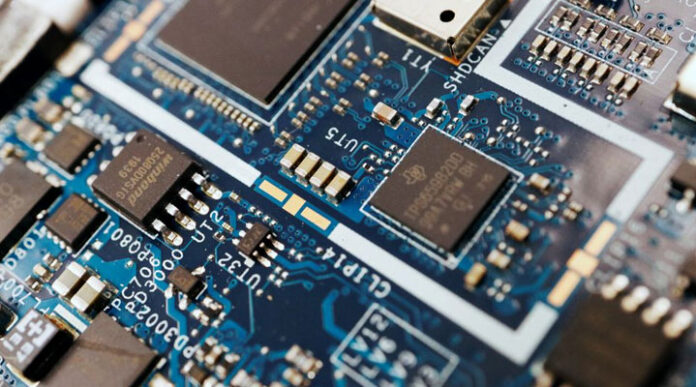Taiwan said on Friday that it had not been informed about the so-called “Chip 4” meeting, which would include the US, South Korea, and Japan, but that the island has always worked closely with the US on supply chains.
South Korean Foreign Minister Park Jin said this week that Seoul expects to attend a preliminary meeting of the four chip manufacturing nations, which will be led by the United States.
He didn’t say anything about what would be discussed.
A meeting would take place in the midst of a global chip crunch that began two years ago with the outbreak of the pandemic, and on the heels of a new US law called the CHIPS Act, which includes $52 billion in subsidies for companies that make chips or conduct research in the United States.
In order to compete with China’s science and technology efforts, the Biden administration has sought deeper cooperation with Japan and South Korea.
The timing, location, and other details of the CHIP 4 meeting have yet to be determined, according to a South Korean official who declined to be identified because he was not authorized to speak to the media.
Taiwan’s economy ministry told Reuters late Thursday that it did not yet have any relevant information.
“The United States did propose similar ideas in previous exchanges and dialogue between Taiwan and the United States, but there was no specific content at the time,” it added.
The island has been eager to demonstrate to the United States, its most important international backer, that it is a reliable friend and semiconductor supplier at a time of rising military tensions between Taipei and Beijing.
Taiwan and South Korea are the world’s two chip superpowers.
TSMC of Taiwan controls approximately 54% of the global market for contractually produced chips, supplying companies like Apple and Qualcomm that do not have their own semiconductor facilities.
Samsung Electronics and SK Hynix are based in South Korea, and together they supply more than half of the global memory chip market.
When asked about the meeting, Noriyuki Shikata, Japan’s Cabinet Secretary for Public Affairs, said semiconductors are a “very strategically important industry” for Japan and that “in due course, there may be better cooperation among the countries.”





